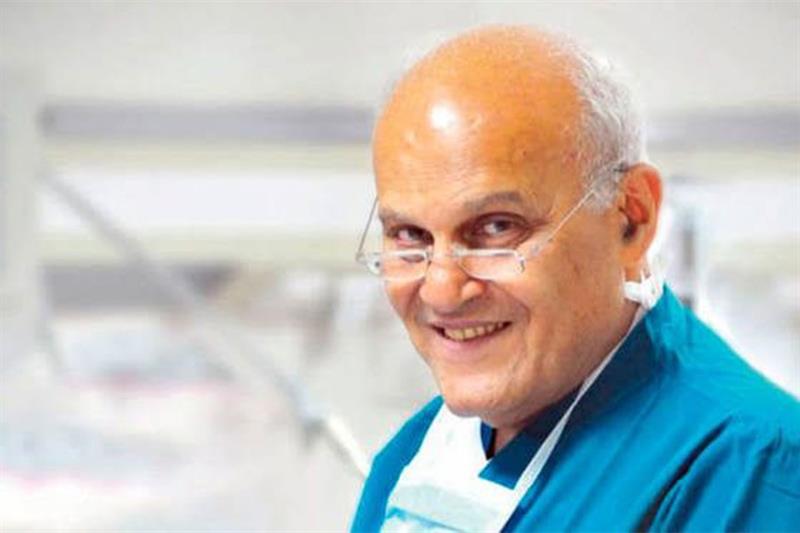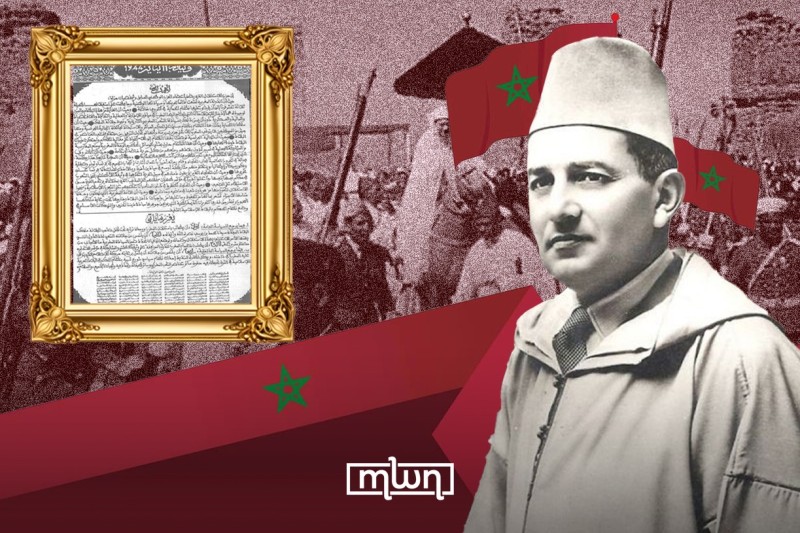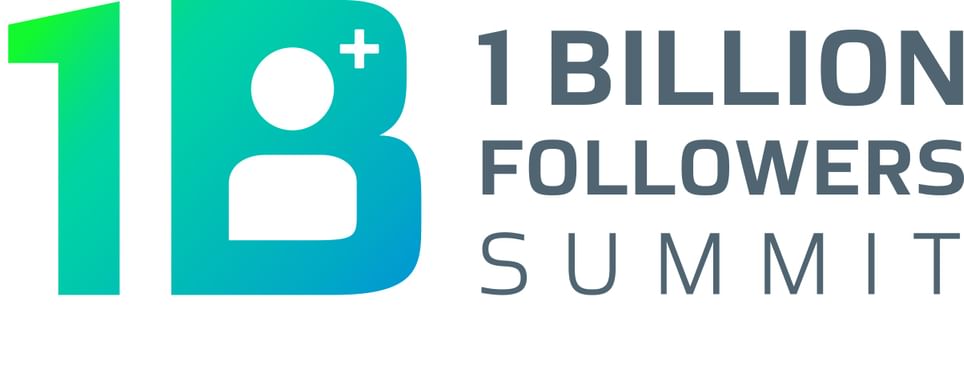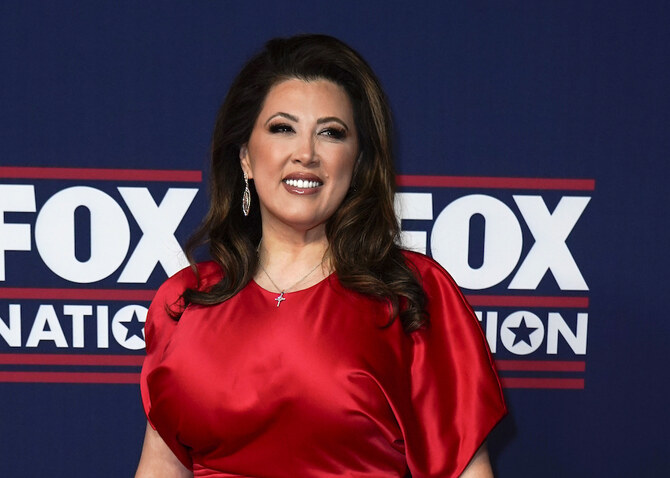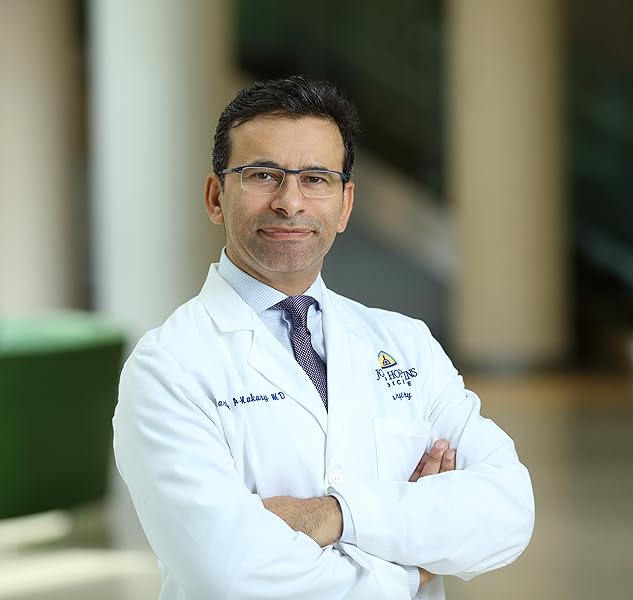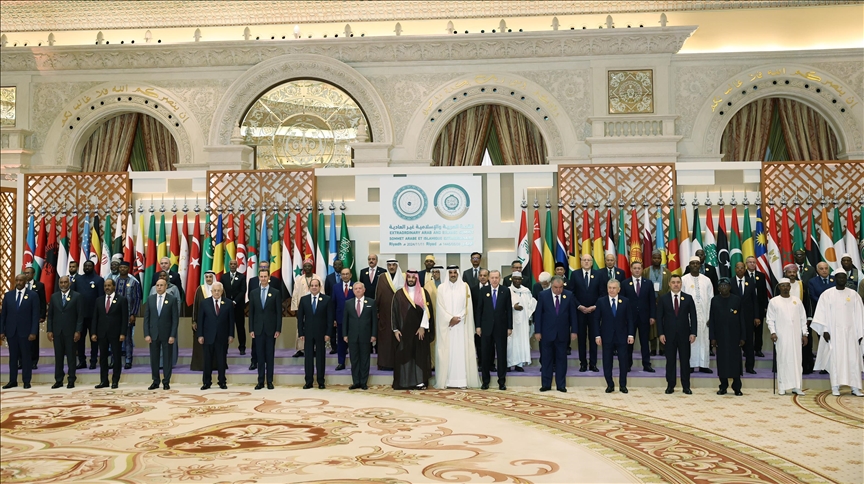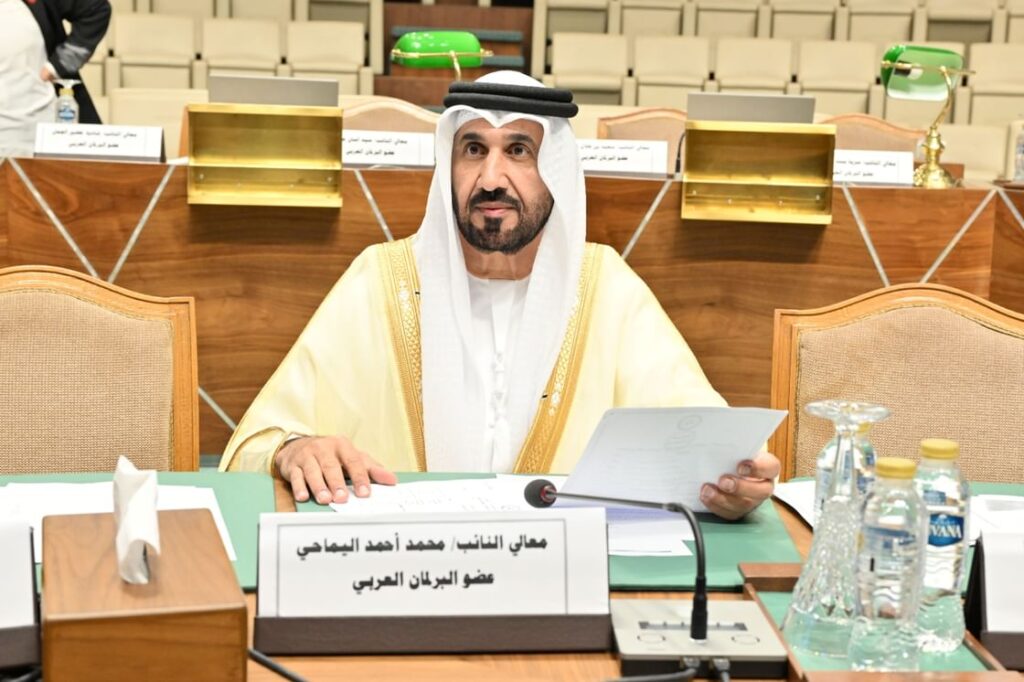Trump described crown prince as “very great man like no other” and “greatest representative of his people”
Prince Mohammed said Kingdom looking at $600bn of investment opportunities, hoped this would raise to $1tn
Saudi Arabia has signed deals with the US worth more than $300 billion, Crown Prince Mohammed bin Salman said at the Saudi-US Investment Forum in Riyadh on Tuesday.
During an address at the event, Prince Mohammed said the Kingdom was looking at $600 billion of investment opportunities, adding that he hoped this would raise to $1 trillion.
He noted that the US was among the largest partners of the Saudi Vision 2030 reform agenda, adding that joint investments were one of the most important pillars of the economic relationship between the two countries.
“The US is a major destination for the Public Investment Fund, accounting for approximately 40 percent of the fund’s global investments,” he said.
He also said that cooperation with Washington was not limited to economic cooperation, but also extended to “establishing peace in the region and the world.”
Also speaking at the event, US President Donald Trump praised the transformation underway in Saudi Arabia, as he attributed it to the leadership of King Salman and the crown prince.
Trump described the crown prince as a “very great man like no other” and “the greatest representative of his people,” and highlighted the role of Saudis in driving development in their own country and the region as a whole.
Trump pointed to Riyadh’s rise as a global business hub and noted that the Kingdom’s non-oil sector revenues had now surpassed those of the oil sector.
He said Saudi Arabia deserved praise for preserving its culture and tradition while also embracing its forward-looking, modern Vision 2030 reform agenda.
During his speech, Trump criticized the Biden administration for removing the Houthis from the US terrorist list, calling it a serious mistake.
He contrasted regional developments, stating: “Some (in the Gulf) have turned deserts into farms, while Iran has turned its farms into deserts,” and warned that if Iran rejected Washington’s outreach, the US would be forced to impose maximum pressure.
Condemning Hezbollah for destabilizing the region and looting Lebanon, Trump said: “The biggest and most destructive of these forces is the regime in Iran, which has caused unthinkable suffering in Syria, Lebanon, Gaza, Iraq, Yemen and beyond.”
He described Lebanon as a victim of Hezbollah and Iran and expressed a desire to help the country.
Trump also praised Saudi Arabia’s role in Russia-Ukraine peace talks and affirmed US support for the Kingdom, saying it has “a great future.”
Earlier on Tuesday, the two leaders signed a strategic economic partnership agreement in Riyadh, the first leg of Trump’s regional visit.
The partnership included the signing of Memorandums of Understanding in the energy, mining, and defense sectors.
Defense cooperation between the two countries centered on the modernization of the capabilities of the Saudi armed forces, along with an agreement between the Saudi Space Agency and NASA.
Other agreements included an MoU on mineral resources; an agreement with the Department of Justice; and cooperation on infectious diseases.
Trump arrived in Saudi Arabia Tuesday on what he called a “historic” tour of the Middle East that will mix urgent diplomacy on Gaza with huge business deals.
Saudi Crown Prince Mohammed bin Salman warmly greeted Trump as he stepped off Air Force One at King Khalid International Airport in the Saudi capital and kicked off his Middle East tour.
The two leaders then retreated to a grand hall at the Riyadh airport, where Trump and his aides were served traditional Arabic coffee by waiting attendants wearing ceremonial gun-belts.
Royal Saudi Air Force F-15s provided an honorary escort for Air Force One as it approached the kingdom’s capital. Trump and Prince Mohammed took part in a lunch at the Royal Court, gathering with guests and aides.
* With AFP and AP
source/content: arabnews.com (headline edited)
______________
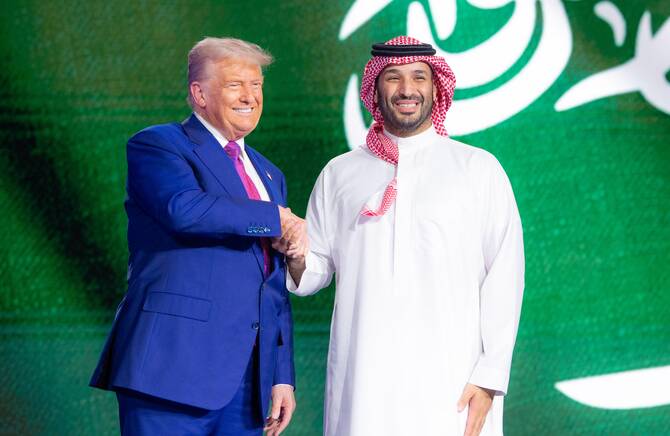
Saudi Arabia has signed deals with the US worth more than $300 billion, Crown Prince Mohammed bin Salman said at the Saudi-US Investment Forum in Riyadh on Tuesday. (SPA)
__________________
SAUDI ARABIA
